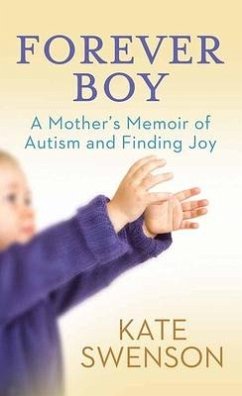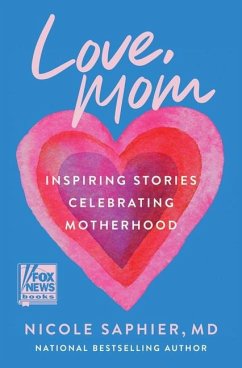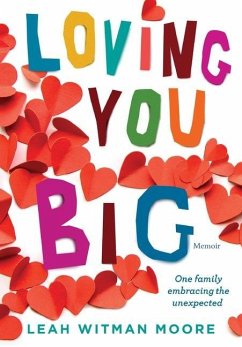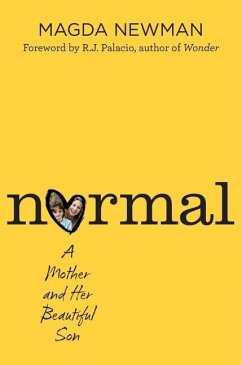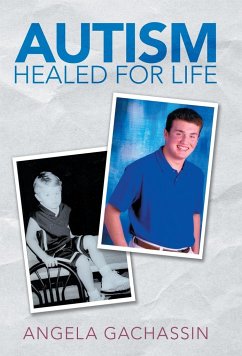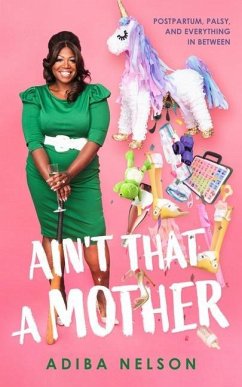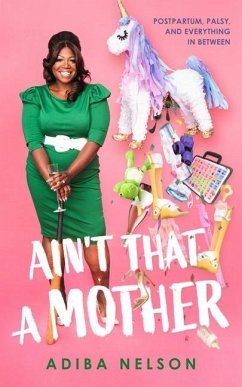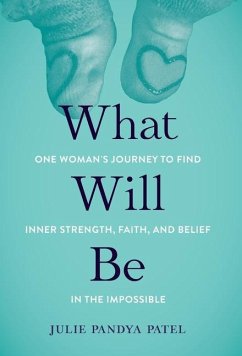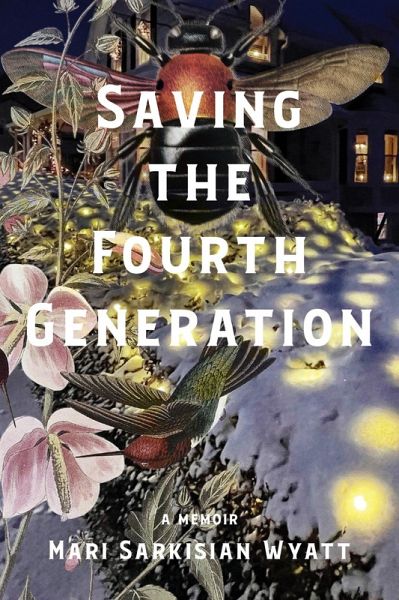
Saving the Fourth Generation

PAYBACK Punkte
11 °P sammeln!
WHEN 45-YEAR-OLD MARI SARKISIAN WYATT, A FREELANCE COPY EDITOR, DECIDED TO HAVE A THIRD CHILD, SHE HAD NO IDEA WHAT SHE WAS GETTING INTO, EXCEPT THAT A WOMAN HER AGE HAD A SUCCESS RATE OF LESS THAN 5% WITHOUT HELP. MARI wanted to take advantage of her state’s insurance mandate requiring HMO plans offered by large companies to cover infertility treatments (including three cycles of in vitro fertilization). With an undergraduate degree from Princeton and a master’s degree from Stanford, she worked for two years as a grocery bagger for a large supermarket chain in order to receive this cove...
WHEN 45-YEAR-OLD MARI SARKISIAN WYATT, A FREELANCE COPY EDITOR, DECIDED TO HAVE A THIRD CHILD, SHE HAD NO IDEA WHAT SHE WAS GETTING INTO, EXCEPT THAT A WOMAN HER AGE HAD A SUCCESS RATE OF LESS THAN 5% WITHOUT HELP. MARI wanted to take advantage of her state’s insurance mandate requiring HMO plans offered by large companies to cover infertility treatments (including three cycles of in vitro fertilization). With an undergraduate degree from Princeton and a master’s degree from Stanford, she worked for two years as a grocery bagger for a large supermarket chain in order to receive this coverage. Meanwhile, she interviewed dozens of younger, sometimes desperate women who were willing to sell their eggs in order to their rent. Pregnant at last, she endured months, then years, of ill effects, risking her health and even her life. Along the way, she met other couples who had suffered even worse setbacks and unimaginable tragedies. MARI SARKISIAN WYATT is a pseudonym for an Armenian-American who received her B.A. from Princeton and her M.A. from Stanford, both in English. After being deemed unemployable by multiple job agencies in her Midwestern hometown, she moved to New York City, where she worked in publishing for over a decade. Deciding that it would be too difficult to raise a family in Manhattan, she and her husband, Wesley, moved back to the Midwest, and she became a freelance copy editor to work from home, not imagining that her first child would be diagnosed with autism, which at the time, the early 1990s, was rare and considered untreatable. She and Wesley spent the first six years of their son’s life inventing therapies for him, then despite being in her forties, Mari decided that he needed a brother to teach him how to be a guy. What began as a nice idea—to have a child using assisted reproductive technology—quickly turned into an all-consuming obsession, and she spent six more years trying to fulfill that goal. Writing under a different name, Mari is the author of four romances and the co-author (with her now adult son) of two self-help guides for the parents of special-needs children.




